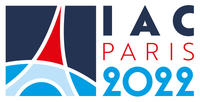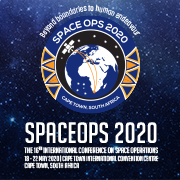› The Science of Time, Time in Astronomy & Society, Past, Present and Future
The uses of time in astronomy - from pointing telescopes, coordinating and processing observations, predicting ephemerides, determining Earth orientation, analyzing time-series data and in many other ways - represent a broad sample of how time is used throughout human society and in space. Time and its reciprocal, frequency, is the most accurately measurable quantity and often an important path to the frontiers of science. But the future of timekeeping is changing with the development of optical frequency standards and the resulting challenges of distributing time at ever higher precision, with the possibility of timescales based on pulsars, and with the inclusion of higher-order relativistic effects. The definition of the second will likely be changed before the end of this decade, and its realization will increase in accuracy; the definition of the day is no longer obvious. The variability of the Earth's rotation presents challenges of understanding and prediction. It is time to take a closer look at time in astronomy and other sciences as a defining element of modern civilization.
We propose a symposium setting the stage for future timekeeping standards, infrastructure, and engineering best practices for astronomers and the broader society. At the same time the program will be cognizant of the rich history from Harrison's chronometer to today's atomic clocks and pulsar observations. The theoreticians and engineers of time will be brought together with the educators and historians of science, enriching the understanding of time among both experts and the public.
Track this event on your Apple calendar














 United States
United States